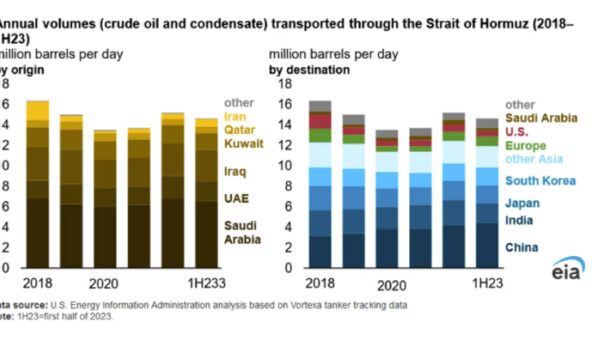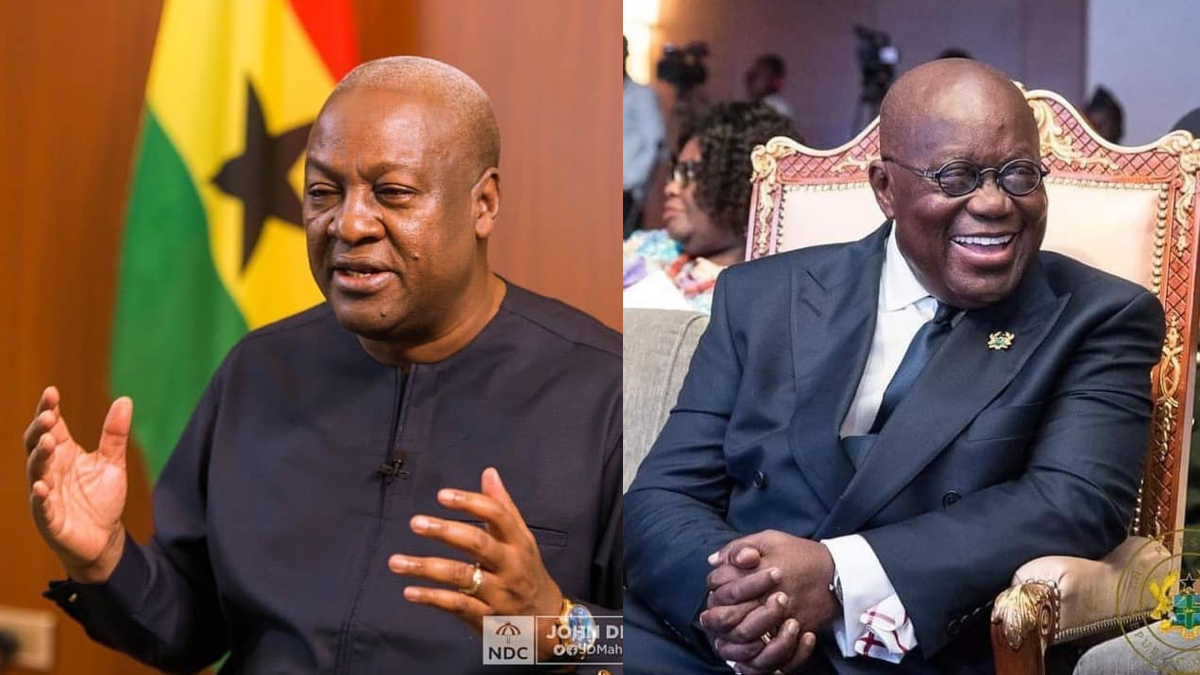
“What we witnessed across the country from 7 December, 2020, exposed a deliberate plan to manipulate and pre-determine the results of the election in favour of the incumbent, Nana Akufo-Addo,” Mahama told a press conference at NDC headquarters in Accra late on 10 December.
Party sources told The Africa Report that NDC lawyers were auditing the results sheets – known as “pink forms” – from the country’s 38,000 polling stations and would decide on the next steps which could include a challenge to the official results at the Supreme Court.
Mahama, 62, who was President of Ghana from 2011 to 2016, rejects the official results in both the presidential and parliamentary elections. On 9 December, the Electoral Commission announced that incumbent 76 year-old Akufo-Addo, flagbearer for the centre-right New Patriotic Party, had won 51.6% of the votes in the presidential contest, about half of the million vote margin that brought him victory in 2016 (when he got 53.7% of the votes).
Election observers reported violent incidents in the Ashanti, Central, and Greater Accra regions.
It announced that Mahama had got 47.4% of the total but he claims that the Commission had failed to respond to his party’s questions about what he says are mistakes in voter collation. Mahama also says the NDC won 140 seats in the 275 seat parliament giving it control of the legislature.
But on 10 December, the Commission announced that there was a tie in the parliamentary race: with the NPP getting 137 seats, the NDC with 136 seats and an Independent MP holding the balance of power.
Speaking at a press conference at NDC headquarters in Accra late on 10 December, Mahama said: “…if we are to progress as a nation, if we are to live up to the inheritance of our history, one for which people have paid the ultimate price – that sacred verdict to the people must be respected.”
Conscious that some Ghanaians are drawing comparisons between his rejection of the election results and US President Trump’s behaviour since he lost the 3 November elections, Mahama reminded his audience that he had conceded an election before.
“When in 2016 at the end of my first full term as President I ran for re-election as an incumbent candidate,” said Mahama. “I respected the will of the people. I conceded, stepped aside and set in motion a peaceful transfer of power – because it was the will of the people.”
Mahama also questioned the neutrality of the security forces in the election against the backdrop of mounting tensions between the two main rival parties.
“Armed forces featured heavily as an intimidating measure to reverse election results,” said Mahama, “… and they continue to be used in the same intimidating role to insist on recounts in areas in which the incumbent has lost while arm-twisting election officers during these supposed recounts.”
Ghana’s police said there had been over 60 incidents on polling day, of which it said 21 were “true cases of electoral violence, six of which involved gun shots resulting in the death of five people.”
Election observers reported violent incidents in the Ashanti, Central, and Greater Accra regions. In the early hours of 11 December, the NDC MP foe Keta, Kwame Gakpe, was attacked by unknown gunmen in his house at Anlo-Afiadenyigba, according to the Volta Region chapter of the party. Gakpe has since been hospitalised with gunshot wounds, say NDC officials who blame the attack on armed supporters of the ruling NPP.
Should the NDC challenge the NPP’s victory in the presidential elections in the Supreme Court it would be a role-reversal of the 2012 elections when the NPP candidate Akufo-Addo challenged the Electoral Commission’s announcement that then incumbent had won the majority of votes.
Akufo-Addo’s challenge, backed by an extensive team of lawyers, went on for eight months with much of the testimony televised for all Ghanaians to see. It was praised by civic activists as a stress test for Ghana’s political system. In the end Akufo-Addo said he accepted, but didn’t agree with the Supreme Court’s majority decision in favour of Mahama.
Legal analysts in Accra says the lessons of the 2012 Supreme Court case suggest that Mahama and the NDC will have an uphill battle to overturn the Electoral Commission’s results this year. Local elections observers CODEO said the Commission’s results were within an acceptable margin of error with its own parallel vote computation in all 275 constituencies.
However, the complainants may take some comfort from verdicts over the past three years by the Supreme Courts in Kenya and Malawi which have overturned election results and ordered reruns, after considering a mixture of quantitative and qualitative factors. The NDC and any other complainants have three weeks to file a petition to the Supreme Court.



















































You must be logged in to post a comment Login